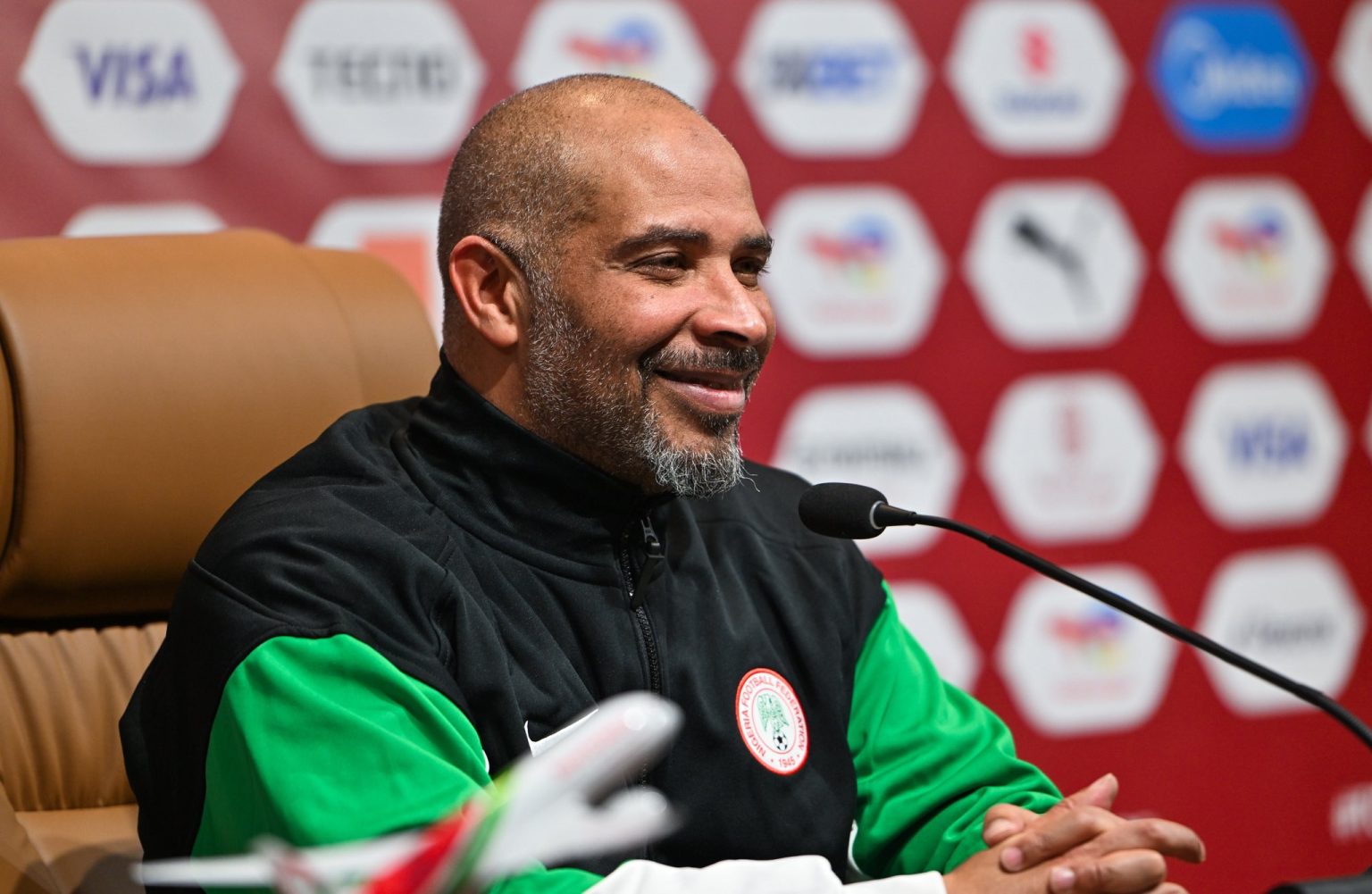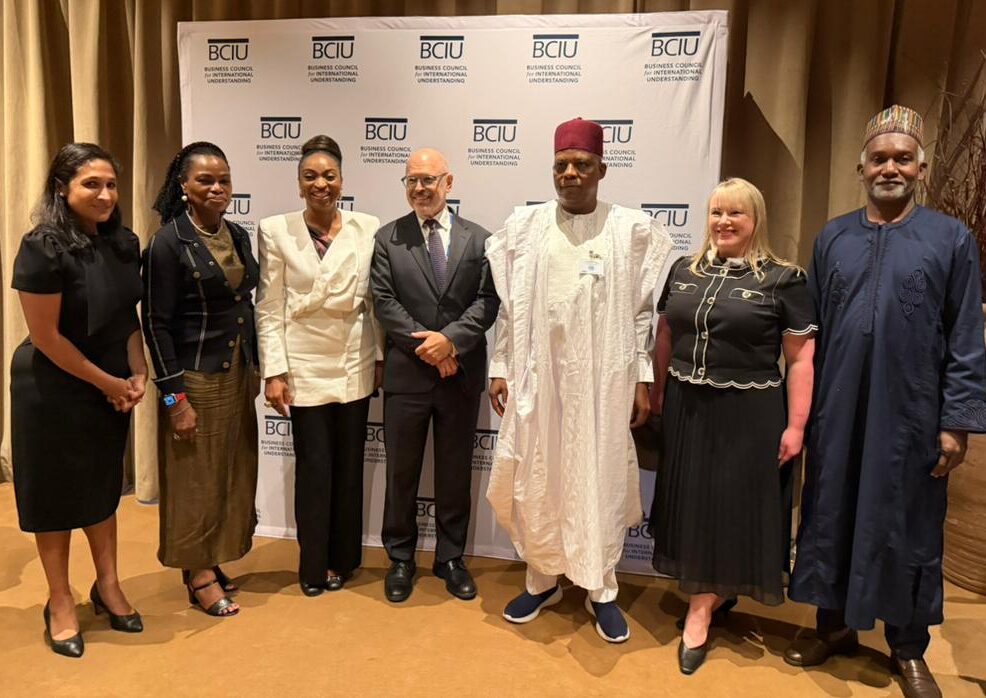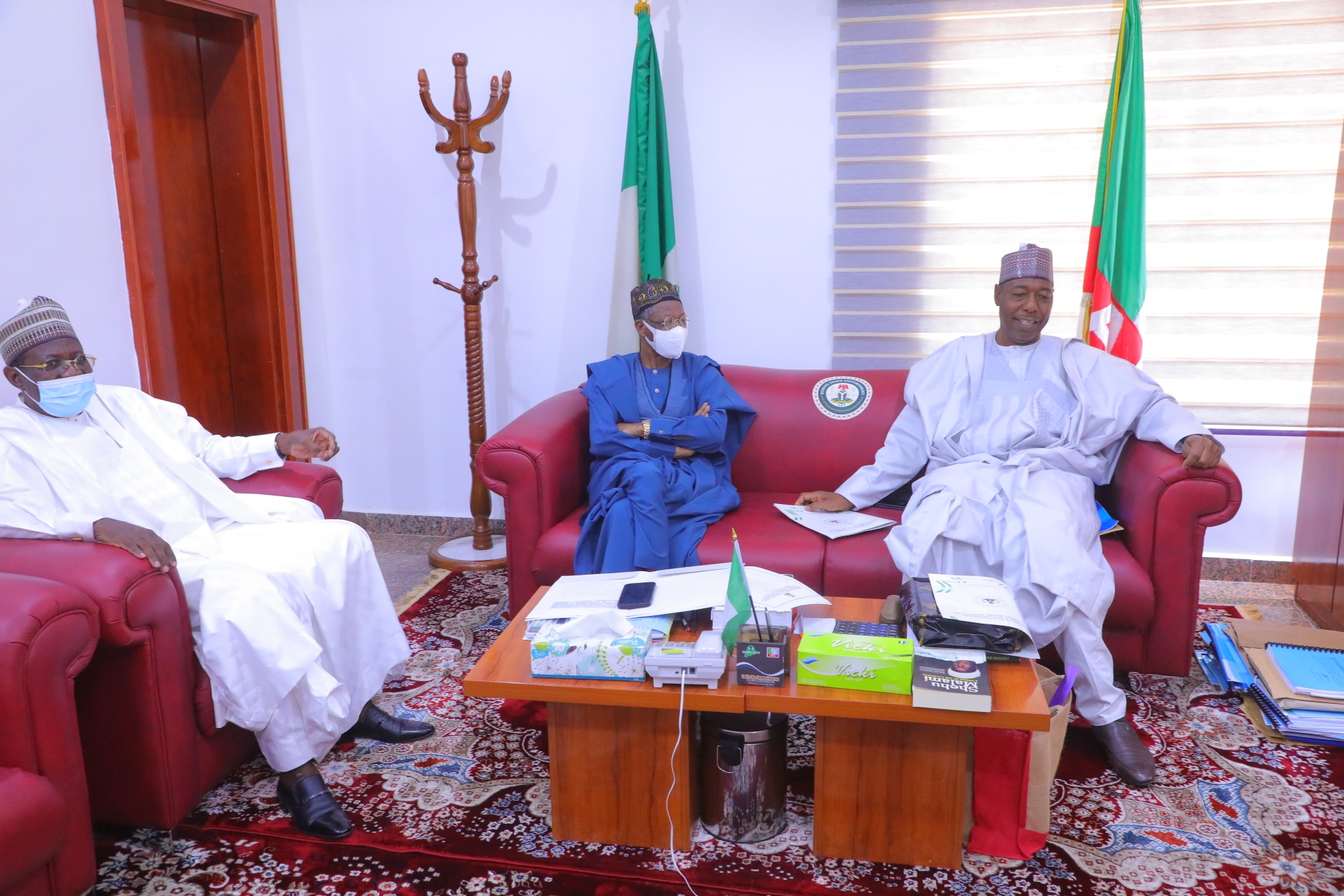At the 2025 International Conference of the Renewable Energy and Energy Efficiency Association Alliance (REEEA-A), Prince Israel Orekha, Executive Director of Connected Advocacy, stressed that traditional media remains vital in communicating Nigeria’s energy transition, particularly to rural communities that lack access to digital platforms.
Speaking during Panel Discussion V: Communicating Transition, Media and Public Engagement, Orekha explained that while technology is powerful, messaging must be tailored to local realities.
“We cannot do away with traditional media because that is where our media journey began. Communities need the right message, and it must be crafted in their own way for them to understand it,” he said.
Reflecting on recent leadership training and community engagement in the Niger Delta, Orekha identified key gaps. These include limited awareness of new energy access opportunities, inadequate financial capacity at the community level, and the absence of localized solutions.
“Not everybody knows about energy access, and local communities don’t have the resources to drive it on their own. This is why it’s important to include them in the energy value chain and infuse local knowledge into project design,” he noted.
He cautioned against “false solutions” developed without community input, stressing the need for co-design and co-creation. According to him, only participatory approaches can ensure inclusivity and sustainability.
Orekha further called for investment in community-level storage systems, which could allow rural households to power radios, small appliances, and other essential tools. He described such interventions as crucial for ensuring “no one is left behind” in Nigeria’s energy transition.
He also highlighted the role of storytelling in policy and investment.
“Every story we put out must frame both the needs and opportunities. It should point to how communities can benefit, how jobs can be created, and how policies can be implemented effectively,” Orekha said.
He urged communicators to use facts, data, images, and videos that resonate with both policymakers and grassroots audiences, noting that effective messaging can drive investment and shape inclusive policy reforms.













